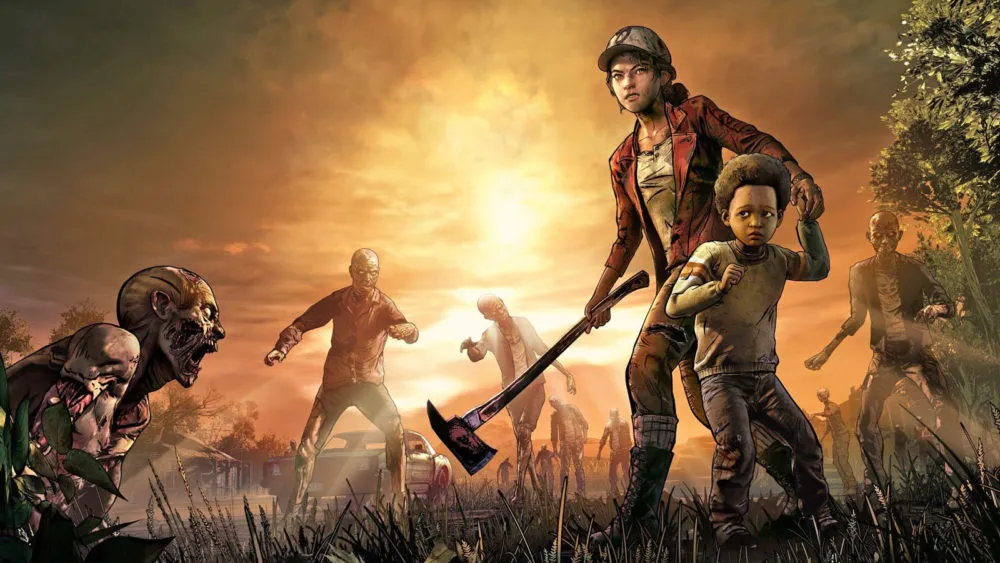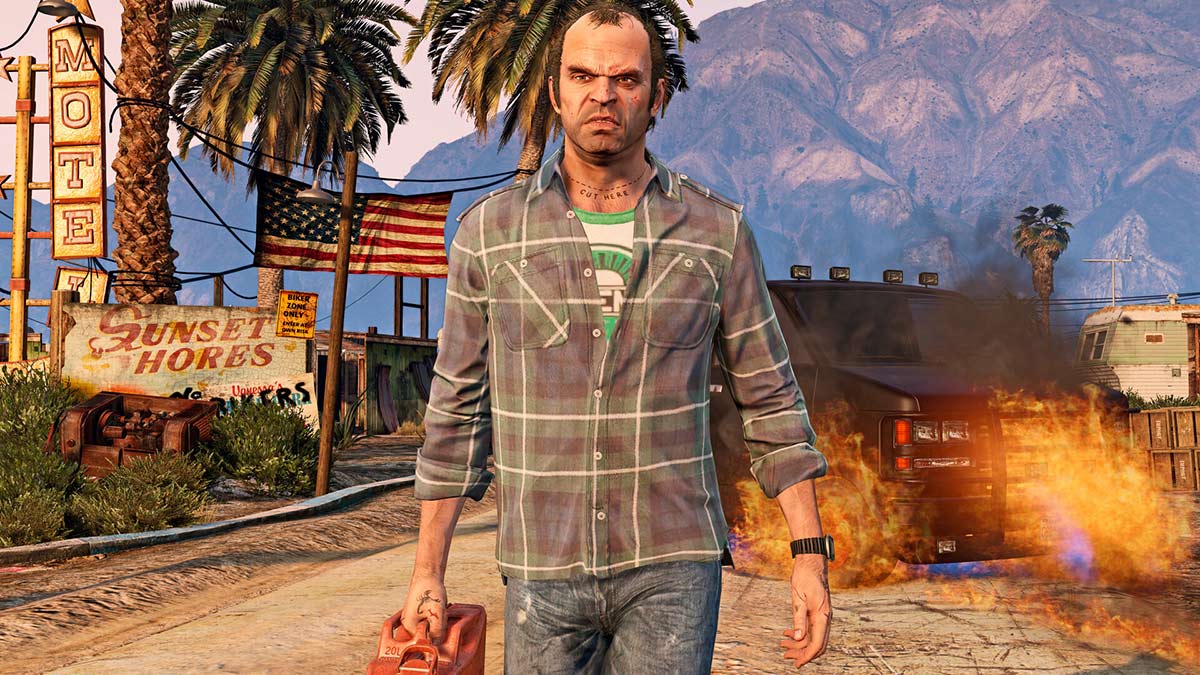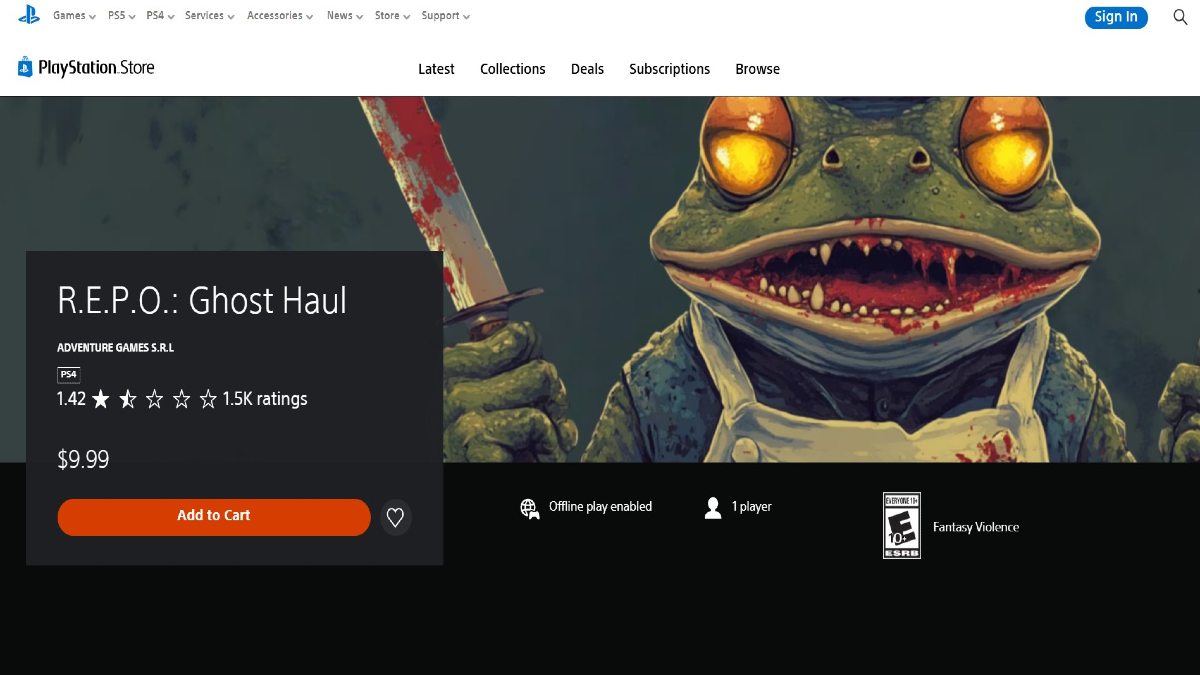This past September, the games industry was caught off guard as Telltale Games announced it was closing down. None more so than the employees themselves, who were told to pack up their belongings and leave the building within thirty minutes. All this right in the middle of the production of The Walking Dead’s final season, the studio’s critically acclaimed IP that kickstarted its success back in 2011.
Naturally, there were huge question marks as to what had transpired behind closed doors, and now for the first time since the shocking events went down, we’ve heard directly from those impacted courtesy of a Noclip documentary.
A 50-minute video titled “Telltale: The Human Stories Behind The Games”. In it, Noclip founder Danny O’Dwyer contacted and interviewed four former TellTale employees, kind enough to share their experiences with the studio, both good and bad.
The four employees who volunteered their stories are as follows: Kent Muddle (Cinematics Artist), Emily Grace Buck (Narrative Designer), Caroline Liddick (Community Media Manager), and Paul Mastroianni (Executive Assistant). Between these four testimonies, Noclip paints a vivid picture of the working life at Telltale.
The common thread these four presented was how many of Telltale’s problems arose from overbearing executive management. Muddle described the executive influence as creatively prohibitive:
“The biggest problem with Telltale was that you couldn’t do what you thought was good, you had to do what the executives thought was good.”
Telltale’s work culture fell into very hard crunch periods, Buck explains: “I started out […] working 70, 80, even occasionally 90-hour weeks.”
In the periods when the workload was at a more tolerable 40 hours, Buck counted her blessings. “40 hours can seem relaxing when you’re used to being in the office every single day, on the weekend, and also until 11 PM.”
What makes the closure all the more heartbreaking is how the four employees describe the friendships they made at the studio. Liddick described her work relationships as formed through hardship: “When you work at a place that’s pretty stressful, you bond pretty quick.”
Buck only joined the team in 2015, but when she filed for divorce, she tells that 12 of her coworkers showed up to help her pack her belongings. “That’s not normal – we loved each other.”
You can watch the entire Noclip documentary below, diving into the tangle of webs that is the Telltale closure.
The final episode of Telltale’s The Walking Dead: The Final Season released this past March, under the development of Skybound Studios. In our review of The Final Season, our reviewer stated, “I’m delighted that Skybound jumped in to give Clem and Co. the closing chapter that they deserved.”













Updated: May 15, 2019 11:36 am